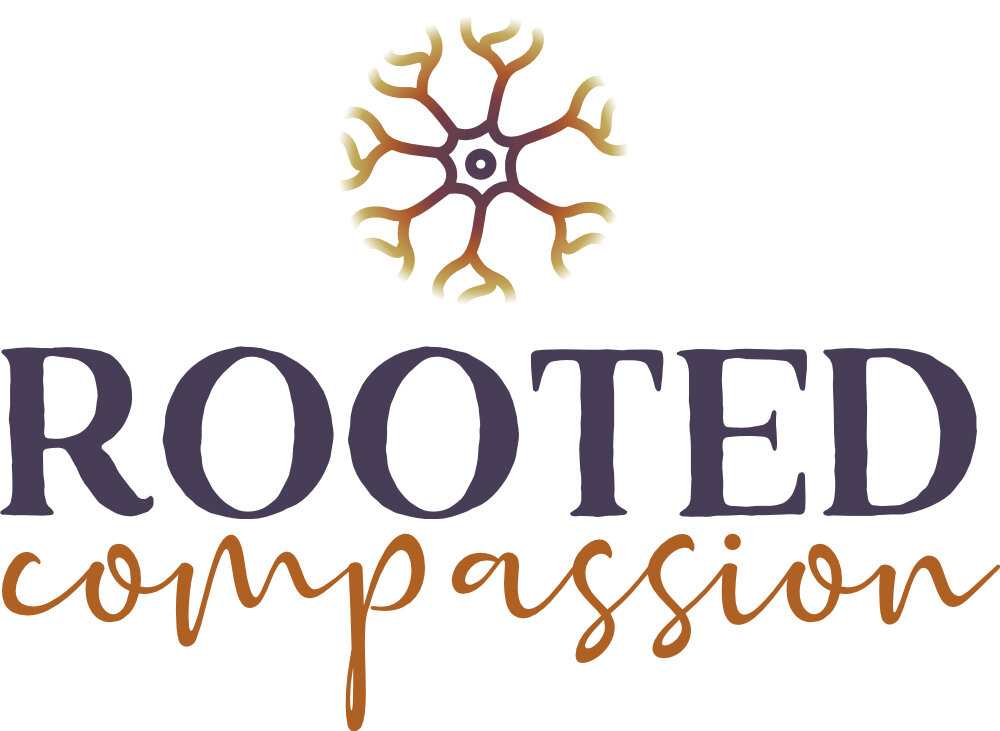Cincinnati Therapist Discusses Self-Compassion in Parenting: Nurturing Yourself and Your Child
Parenting often feels like a delicate balance, where many of us grapple with questions like:
"Why do I get so angry?"
"How can I stay calm with my kids?"
"I know I shouldn’t yell, but it keeps happening. What can I do?"
These questions are universal, stemming from our deep desire to be the best parents we can be. It's tempting to seek quick fixes or tips that promise flawless parenting, but let’s be honest: perfect parents don’t exist. We all have moments of frustration and self-doubt.
In our journey to improve, one crucial aspect often overlooked is self-compassion. Shame can sneak in, making us feel unworthy or inadequate. Beyond guilt about our actions, shame convinces us we're fundamentally flawed, harming our relationships with both our children and ourselves.
Dr. Becky Kennedy wisely advises, "Embracing our imperfections, owning our mistakes, and moving forward with self-compassion is key to nurturing our inner goodness."
Relational neuroscience, drawing from polyvagal theory, underscores how our nervous system influences our reactions. Feeling safe and connected promotes calmness, whereas stress or triggers can activate fight, flight, or freeze responses. Recognizing these automatic reactions as survival instincts, not parenting failures, is crucial. This insight allows us to practice self-compassion, acknowledge our imperfections, speak kindly to ourselves, and accept mistakes as part of our humanity. It also helps us learn ways to self-soothe and care for ourselves, fostering a nurturing environment for both ourselves and our children.
Made a mistake recently? Here’s a practical guide to navigate challenging moments and offer your children the gift of space to talk about feelings and receive a genuine apology, showing them that their safe grown-ups are learning and growing too:
Acknowledge Emotions: When you feel frustration or anger rising, pause and acknowledge your feelings. Say to yourself, "I'm feeling really frustrated right now."
Apologize and Take Responsibility: If you react in a way that upsets your child, apologize sincerely. For example, "I'm sorry I raised my voice. That wasn't okay, and I regret it."
Model Self-Compassion: Share with your child how you're learning and growing. "I'm working on staying calm even when I feel upset. It's something I'm learning too."
Invite Dialogue: Encourage your child to express their feelings. "How did you feel when I got upset?... I understand, and I'm really sorry it made you feel that way. It's important to me that we talk about our feelings. Can you tell me more?”
Parenting challenges us not just because of our children’s demands, but because it compels us to heal and grow from our own past wounds. To embody the parents we aspire to be, we must confront our fears and shame with honesty and compassion.
In the coming week, take moments to notice when patience wears thin. What thoughts arise? What past experiences shape your reactions? Whether confiding in a friend or journaling, exploring these feelings and being curious about them can cultivate healthier parent-child relationships and a more compassionate parenting approach.
Drawing from Kimber Andrews' insights on self-compassion, we recognize that this path is often challenging and filled with resistance. Kimber's journey teaches us that self-compassion is a skill that takes time to grow, requiring patience and persistence. Similarly, embodying self-compassion in parenting gently requests the same dedication. By integrating self-compassion into our daily lives, we become more attuned to our own needs and better equipped to meet the needs of our children.
Parenting is a journey that demands continuous learning and growth. By fostering self-compassion, we not only enhance our well-being but also create a nurturing environment for our children. Remember, it's okay to have moments when you feel overwhelmed. What matters is acknowledging our mistakes, apologizing sincerely, and continuing to strive for better with kindness and grace.
If you find yourself struggling or needing support, know that you’re not alone. Our team at Rooted Compassion is here to help you navigate these challenges.
If you are interested in exploring the power of counseling, whether individual or as a couple, Rooted Compassion, has immediate openings!
The Rooted Compassion team is made up of a group of counselors who have a variety of specialties in order to best serve our clients. We recognize that every person has his/her own personal and unique life experiences and that one modality will not work for every client. Listed below is a summary of our counselors’ specialties at Rooted Compassion:
Polyvagal Theory/Nervous System Focused Therapy
Trauma Responsive Care Techniques
Grief Counseling
Somatic Focused Counseling
Eye Movement Desensitization and Reprocessing, EMDR
Dialectical Behavior Therapy
Mindfulness-Based Practices
Acceptance and Commitment Therapy
Walk and Talk Therapy
Expressive Arts Therapy
If you are interested in learning more about what Rooted Compassion is all about, please contact us today, look through our website, or find us on Instagram and Facebook.
Rooted Compassion Counseling is Ohio’s leading practice for trauma therapy through the lens of the nervous system. Our focus is to walk alongside clients as they heal from depression, anxiety, trauma, grief and/or loss. If you or someone you know are seeking to explore and build an inner sense of calm and safety, please contact us today. We would love to help you to find a counselor and counseling techniques that will guide you on your mental health journey to healing.


